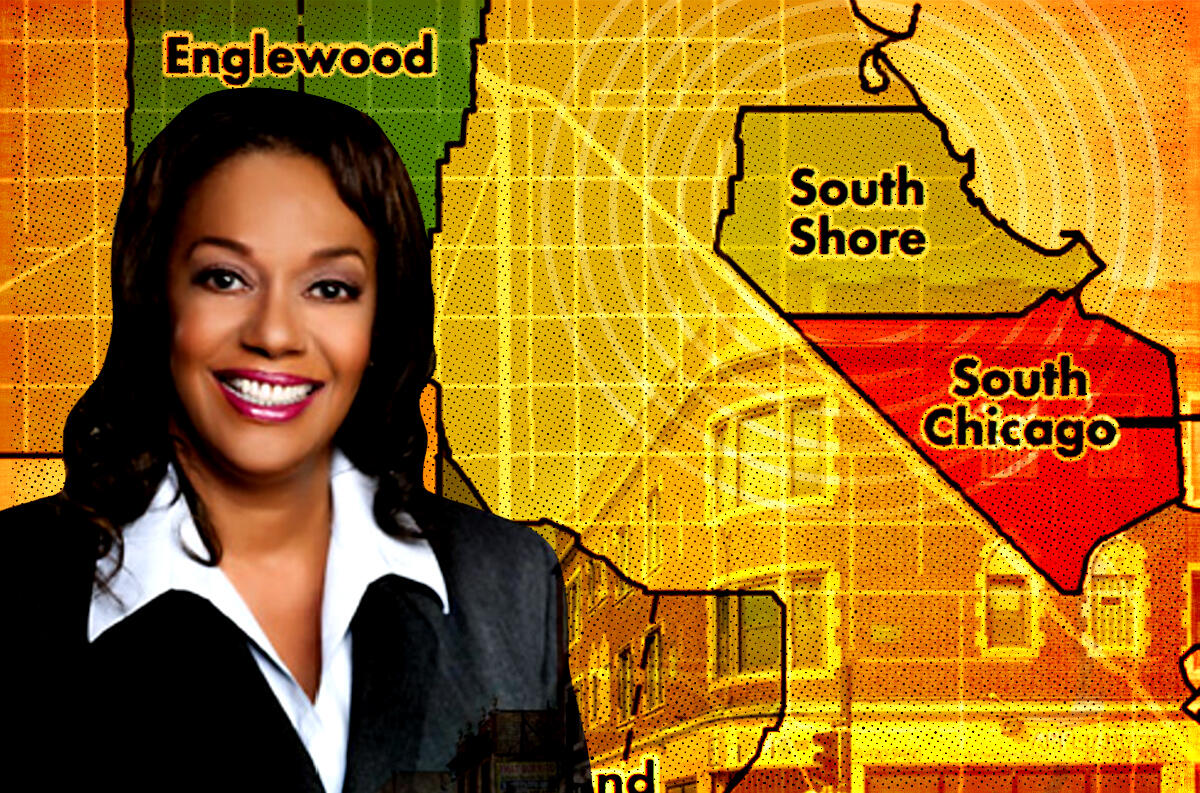Trending
Chicago opens $5M condo repair fund targeting South Shore
Goal is to keep aging longtime residents of distressed buildings in place

Chicago officials are starting a fund to provide loans and grants to repair South Shore condo and co-op buildings that have suffered from deferred maintenance.
The program has been a goal that Alderman Leslie Hairston of the 5th Ward has been working toward for more than 20 years, the Sun-Times reported. It was approved by a City Council committee that directed the Chicago Department of Housing to grant $5 million to owner-occupants of condominium and co-op buildings, as well as “low-interest, long-term loan/grant products” to homeowner associations.
“Over the course of years, I’ve had condos that were unable to keep up with the city’s life safety evaluation or anything else because the assessments in order to do these programs were so high, most of these people could not afford it and have had to have buildings condemned,” Hairston said, according to the outlet.
While the program will start in the South Shore, the plan is to make it available to condo and co-op owners who meet certain criteria citywide, and to eventually bring banks on board with providing loans to finance long overdue repairs in structures home to aging and working-class residents on limited incomes.
Grants and loans of up to $50,000 per unit will be distributed by the Chicago Community Loan Fund in partnership with the city’s Troubled Buildings Initiative. Eligible buildings include those where most residents are owner-occupants and at least half of the units are appraised at values the city deems affordable. Plus, at least a quarter of residents must have lived in the building for at least 10 years, or the building must have enough code violations to be considered “distressed.”
In addition, an applicant’s eligibility will hinge on whether residents earn less than 120 percent of the area median income, or about $88,000 for an individual and $125,000 for a family of four.
— Sam Lounsberry




